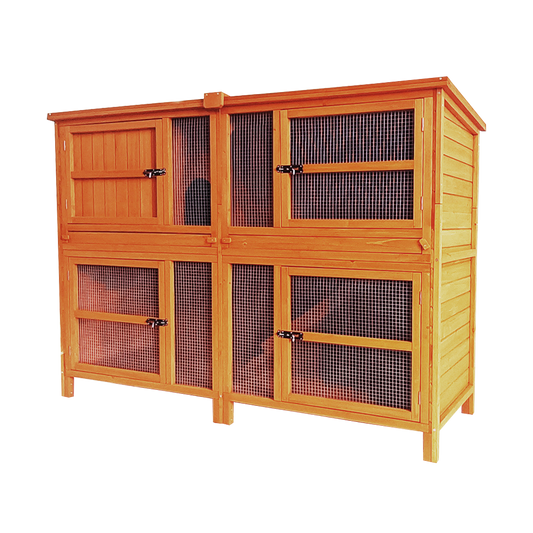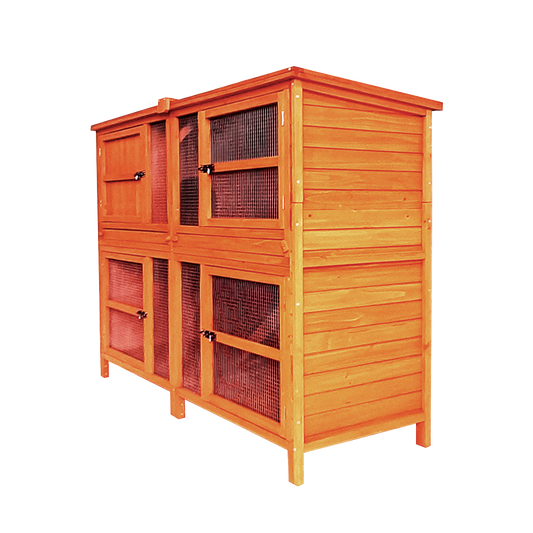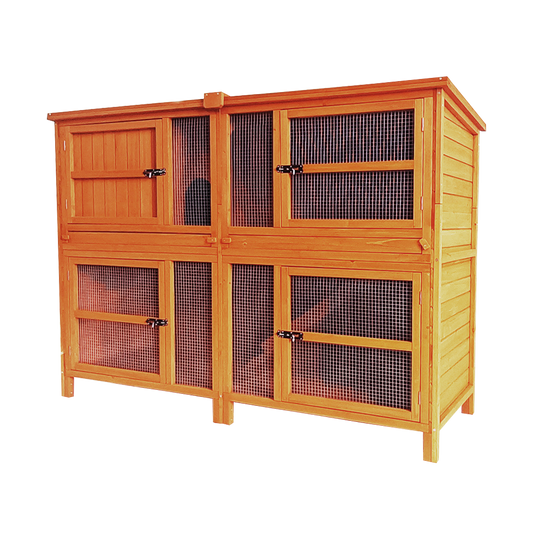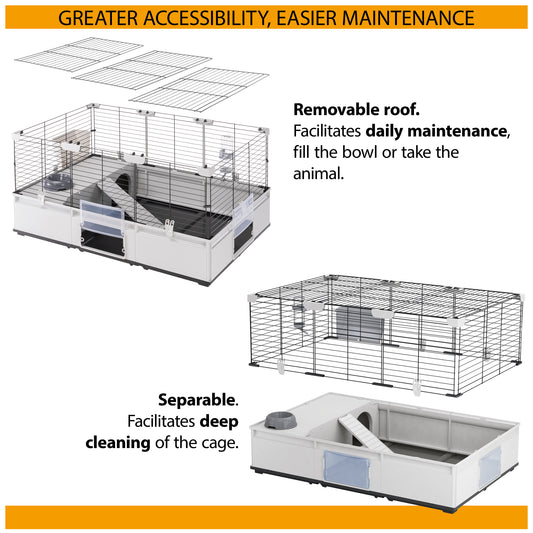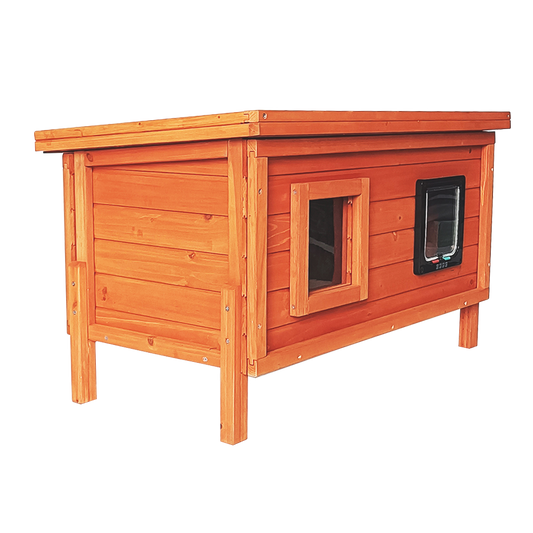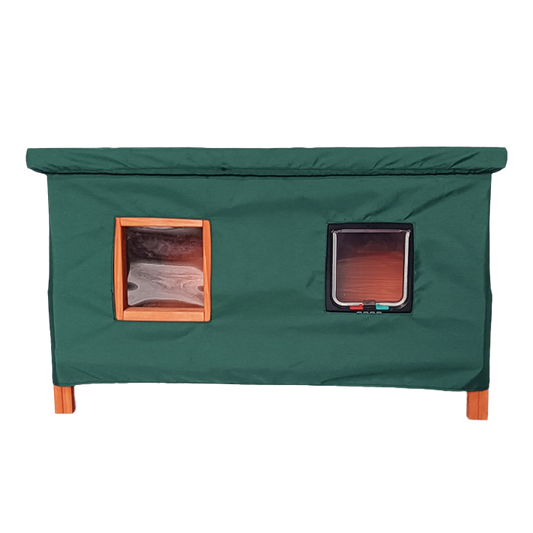As your pet ages, their care requirements will change as life begins to slow down for them. You may need to make adjustments around the home if they are becoming less mobile, or modify their diet as their nutritional requirements alter. Giant and large breeds of dog are generally classed as being seniors when they reach 5-8 years of age. However, as small dogs have a much longer life expectancy, they aren’t classed as seniors until around 9-12 years of age.
Signs of ageing
There are some things to look out for in your dog’s behaviour and physical appearance that will indicate that they are entering their senior years. These include:
- Going grey around the muzzle area
- A reduced appetite
- Lethargy or exercise intolerance
- A general slowing down
- Smelly breath
- Developing lumps and bumps
- Deterioration of hearing or eyesight
- Raised anxiety or confusion
Maintaining a healthy weight
When dogs begin to slow down, they no longer need the number of calories they did during their more energetic youth. If a dog is not moved on to a specific senior diet – or doesn't have their adult portions reduced – they are in danger of becoming overweight.
Weight gain in an ageing dog can drastically reduce their life-expectancy and it is linked to a variety of ailments such as heart disease, cancer and diabetes. There is also a much higher likelihood of mobility problems and arthritis as old joints struggle to carry extra weight.
Making life more comfortable
Old age should be all about comfort, so make sure your ageing dog has a really warm and comfortable dog bed to sleep in. If your dog is struggling with their mobility, consider a memory foam or orthopaedic dog bed which they will find it easier to get in and out of. Position their dog bed in a quiet and warm part of the house away from any draughts.
Eating from dog bowls on the floor can be problematic for dogs with stiff necks. If your dog looks like it is starting to struggle, consider switching to a raised feeder or put bowls up on a step so they are easier to reach.
If you’ve got a sofa-loving hound who is finding it harder to jump, consider getting a step or ramp so that they can get up safely. A ramp is also a good idea for the car so that your dog does not need to jump up into the boot. If you’ve got a very small dog, you might be happy to pick it up, but you are likely to injure yourself if you repeatedly pick up a medium or large dog.
Top tips for senior dogs
- Old dogs can become fussy eaters, especially if their senses are diminishing. Try warming your dog’s food up to make it more appealing and, instead of one big meal, split their daily allowance into smaller portions.
- Your senior’s teeth are not likely to be as good as they were – even if you have been a diligent tooth-brusher. If your dog is missing teeth or finding crunching a bit of a struggle, soak their kibble for a while in some warm water to soften it.
- Some ageing dogs benefit from the addition of a dietary supplement and it might be worth discussing this with your vet. For example, glucosamine and chondroitin are common supplements used to aid joint mobility in dogs.
- If your dog’s mobility is making exercise difficult, adapt their routine accordingly. For example, if long walks are becoming too tiring, keep them shorter. Older dogs might not need so much exercise but they do still need plenty of mental stimulation. Much of this they get from sniffing on walks so rather than throwing a ball at the park, reduce the pace and go for a sniff about town instead.
- Just like ageing humans, dogs can suffer from cognitive dysfunction (dementia). If your dog becomes restless at night, paces, seems confused, toilets in the house or forgets basic training, it could be a sign of doggie dementia so you should see your vet. To make life easier for a dog with dementia, stick to normal routines as much as possible, avoid making changes within the home, and keep your dog on lead when out in case they become confused and get lost.
When to see your vet
If you notice changes in your dog’s appetite, drinking, toileting or sleeping patterns, or they have started behaving out of character, it could be a sign that they are unwell so see your vet. It is a good idea to take your dog for regular check-ups as it ages so that any issues can be spotted early. Dogs are rather good at hiding pain so it could be that you don’t realise your dog is suffering with an age-related disease like arthritis until your vet assesses them.
If you enjoyed this article, you may be interested in these:
How To Help Your Dog Live Longer
How to Take Care of Your Dog's Teeth


